From exploring quirky museums and contemporary art, eating sour dumplings and drinking craft cocktails, and visiting the Buddha temple and sailing on a riverboat tour, here are the very best things to see and do while visiting Shanghai, China.
The Bund
The Bund is Shanghai’s waterfront boulevard, lined in the heritage buildings that showcase the city’s pre-1949 past and across the river from the Pudong skyscrapers of its future. Along the Bund, Shanghai’s street life is in full force. It’s bustling even at dawn, with locals ballroom dancing, exercising, and practicing tai chi and qi gong. Day and night, Chinese tourists, foreigners, and Shanghai locals walk the Bund, snapping photos of each other backed by the skyscrapers. At night, the towers are lit with flashing neon lights reflected in the Huangpu River.

Yu Garden
While the area around Yu Garden
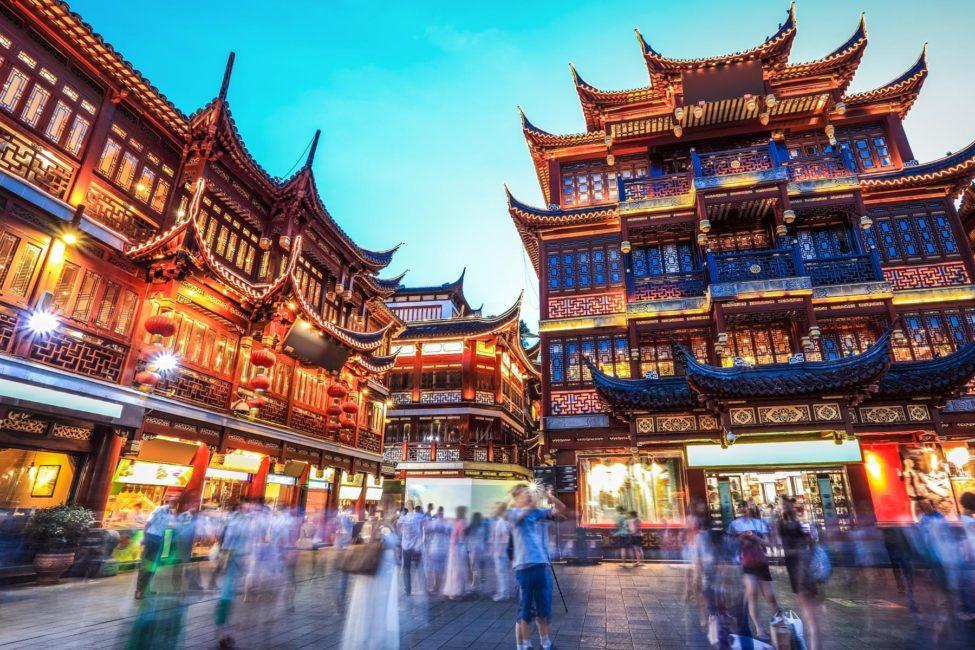
French Concession
In 1849, Shanghai ceded an area for French settlement to the French Consul. The French consulate built Western-style homes and imported London plane trees to shade the streets. Foreigners shopped, drank, and dined, and some got up to no good, visiting opium dens and brothels. As the concession expanded, British and American expats moved in, eventually followed by White Russians. Today, despite massive redevelopment throughout the city, the French Concession looks much as it did a century ago. Its streets today are comparably quiet and leafy, lined in cafés, boutiques, and restaurants.
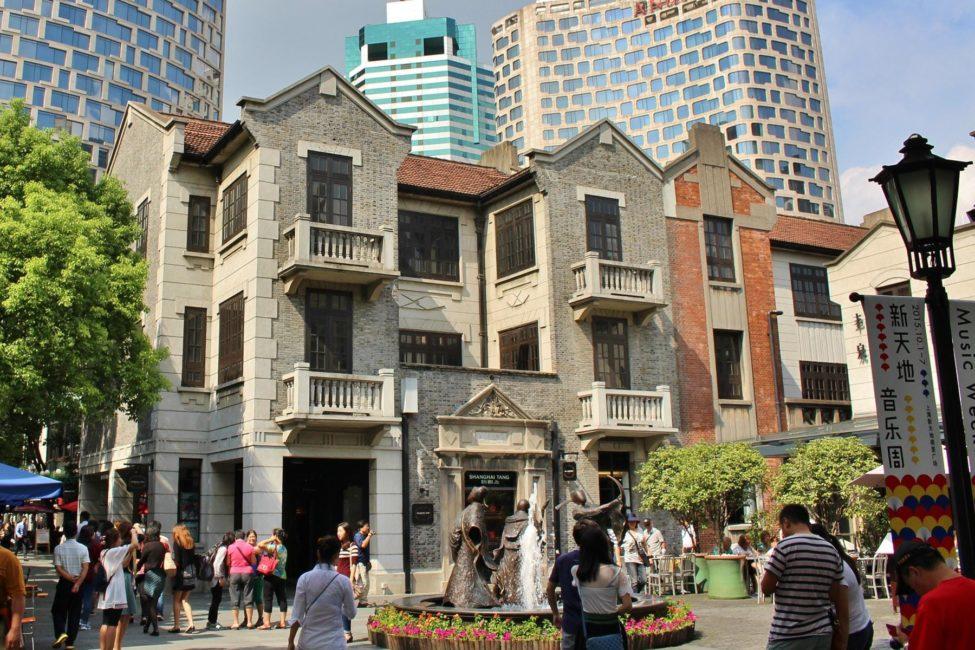
Shanghai Museum
The adage “don’t judge a book by its cover” surely applies to Shanghai Museum, whose exterior—designed to look like an ancient bronze cooking vessel called a ding—
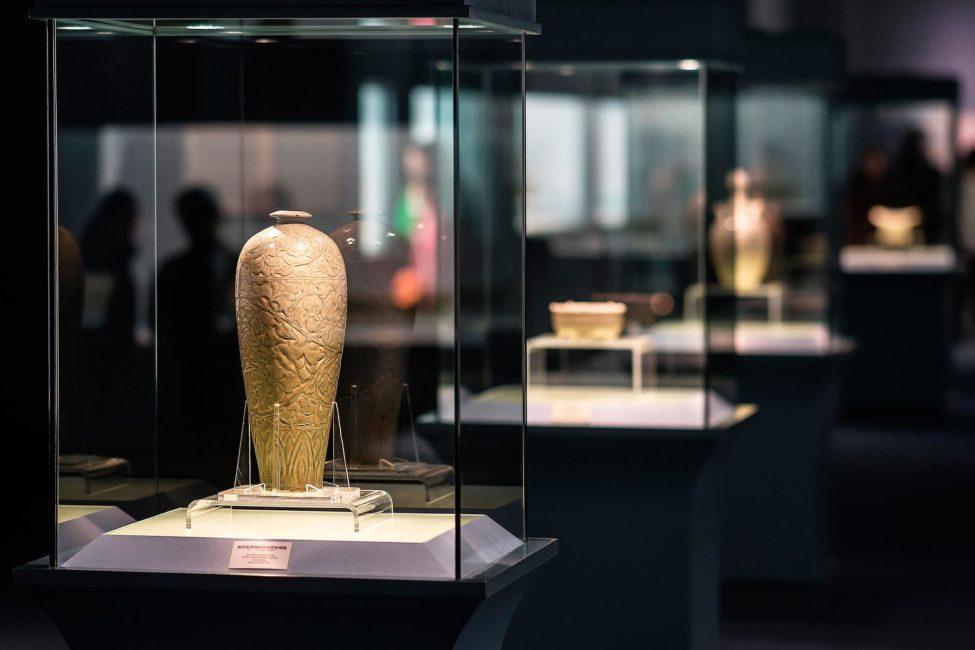
People’s Square
The geographical center of Shanghai, People’s Square
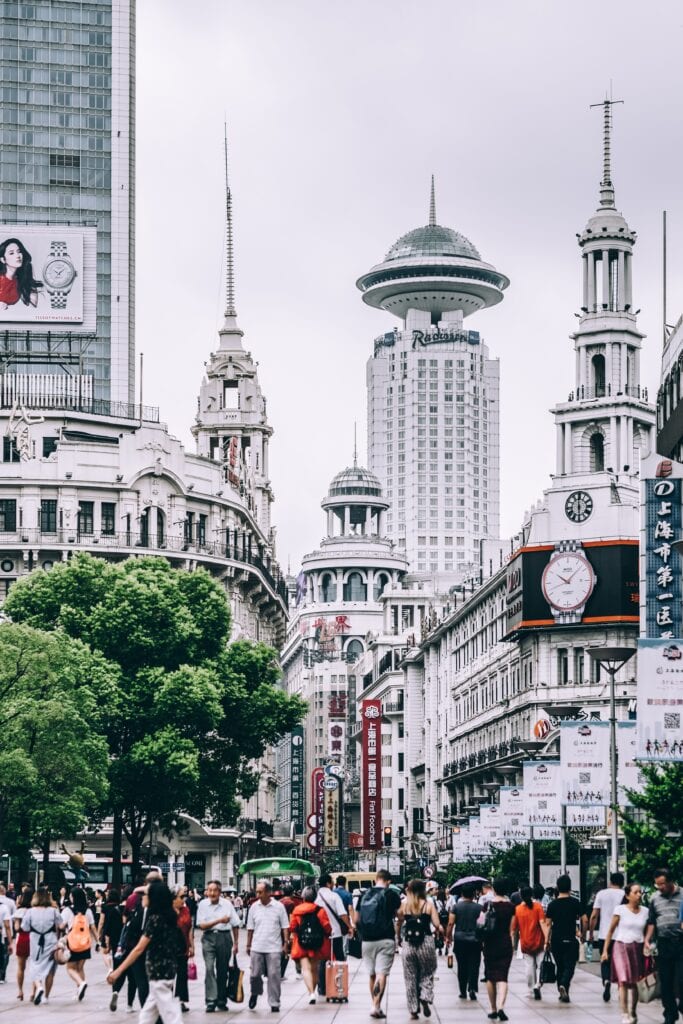
Nanjing Lu
Shanghai’s main shopping street, Nanjing Lu (lu means road) runs in two sections—East Nanjing Road, from the Bund to People’s Square, and West Nanjing Road, from People’s Square to Jing’an district. A walk along Nanjing Road in either direction is a walk through
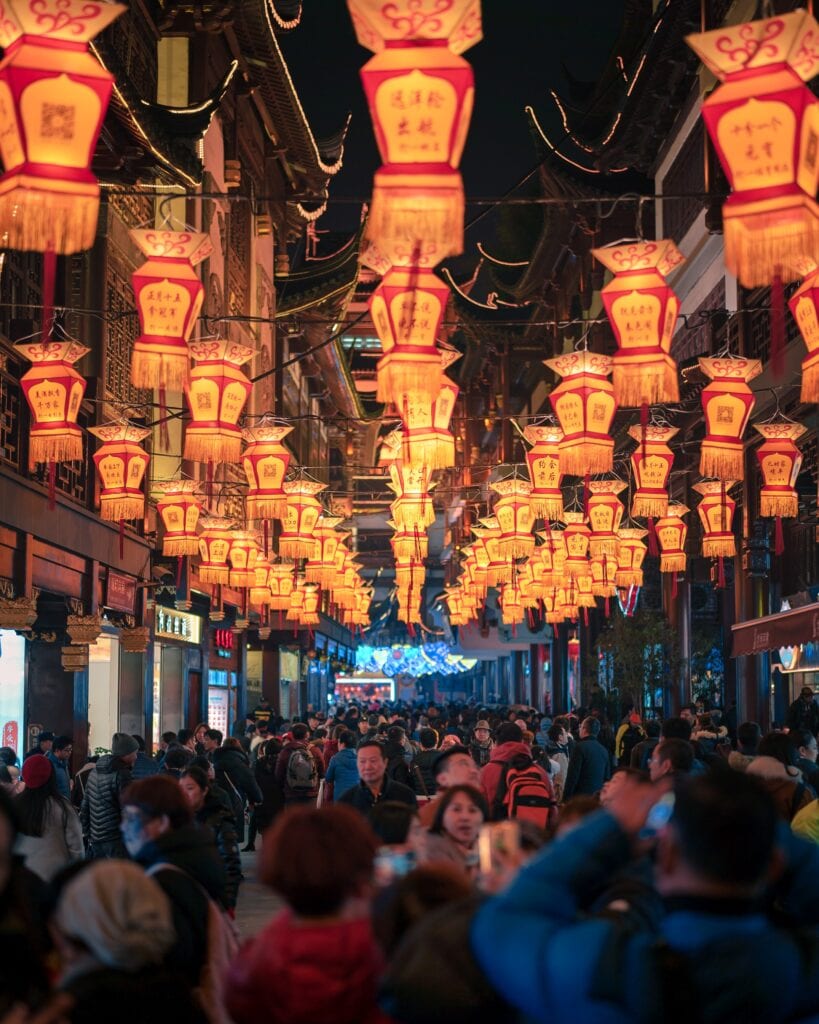
Huangpu Riverboat Tour
The Huangpu River divides Shanghai in two. The older west side, Puxi, is the city center. The newer east side, Pudong, starts off with Shanghai’s trio of supertall skyscrapers—Jinmao Tower, Shanghai World Financial Center, and Shanghai Tower—and then gradually becomes more suburban. Huangpu River tours offer a gentle immersion into Shanghai and are particularly pleasant at night when buildings on both sides are lit up. Your best bet is the 40-minute cruise departing from the base of the Oriental Pearl Tower in Pudong. You can sit inside or out, and it’s just long enough to take in the scenery and enjoy the breeze.
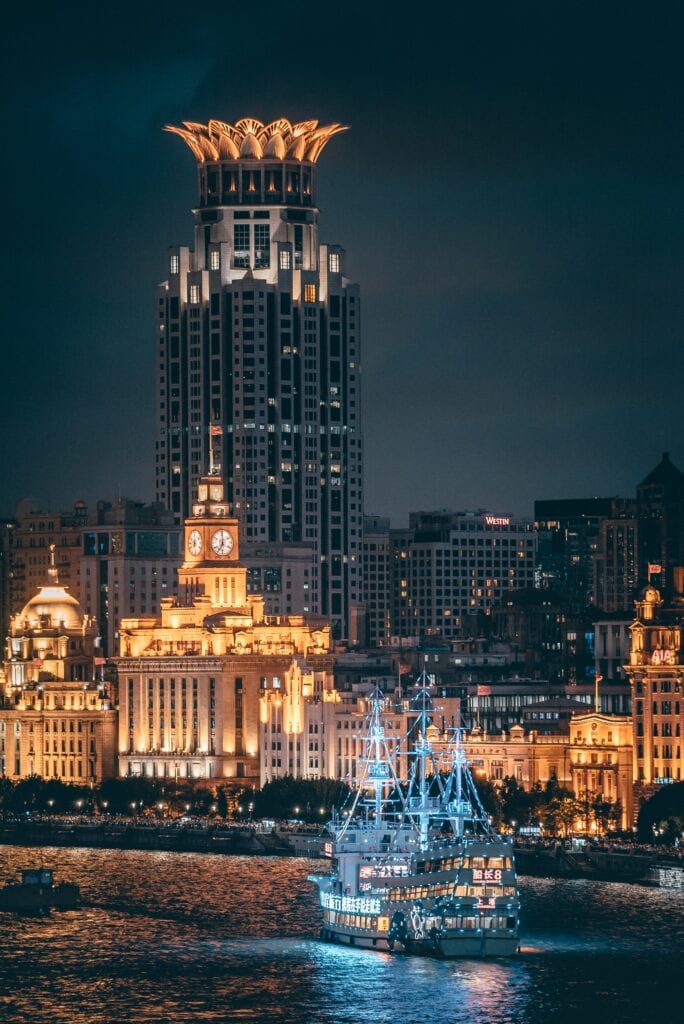
Pudong Skyscrapers
Puxi, Shanghai’s west side, has the city’s historic buildings, and Pudong,
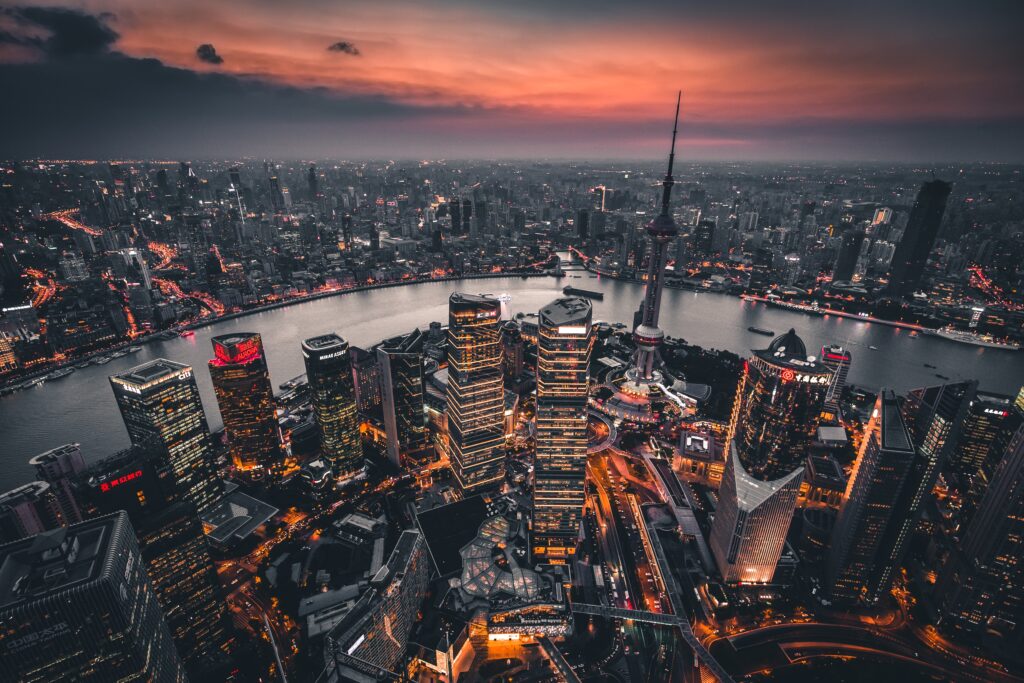
Contemporary Art
Time was Beijing had China’s best contemporary art, in 798 Art District, but today Shanghai is bursting with galleries and contemporary art museums exhibiting world-class shows. The Power Station of Art, in a former power plant on the one-time World Expo site has no permanent collection, instead hosting large-scale exhibitions, such as works from top Chinese artist Cai Guoqiang or a Warhol retrospective. A block in from the Bund, in a beautifully restored 1932 Art Deco building is Rockbund Art Museum, where galleries installed with temporary exhibitions from artists like Zhang Huan and Felix-Gonzalez Torres lead up to a roof deck. Down on the South Bund are Yuz Museum and Long Museum. Yuz, in a former airplane hanger, has hosted a retrospective on Charlie Chaplin and Instagram-fave installation Rain Room by Random International. Long has highlighted top artists in Southwestern Chinese modern art and French-American artist Louise Bourgeois.
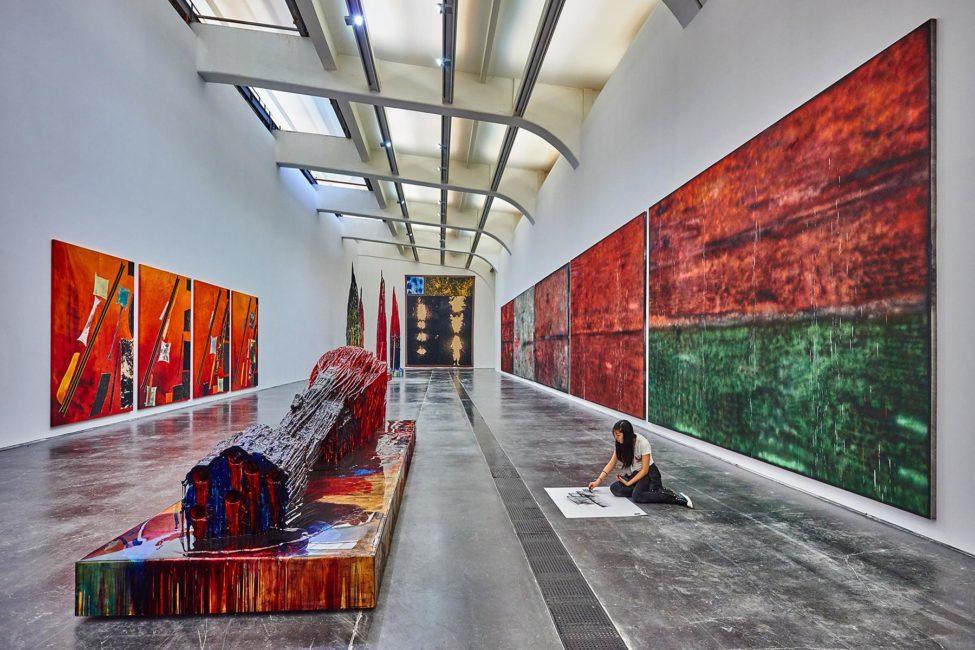
Sip Craft Cocktails
Shanghai has gone through a cocktail renaissance, with dozens of bars now slinging good quality and inventive craft cocktails. For an easy Shanghai bar crawl, work your way around the French Concession or Jing’an, or head down to the Bund for drinks with a skyline view. So where to drink? There are the speakeasies, like intimate, quiet Speak Low where the bartenders deliver drinks like the Sawadee-Cup, Thai-style bubble tea with brown butter-washed rum. Union Trading Company is a neighborhood bar that deals in classic cocktails but also a rotating list of the zingy and new, like Banana Alexander (cream, rum, banana liqueur). In winter, cozy, dim Senator Saloon is where you’ll find expats whiskey cocktails. At the first hint of warm weather, pony up for the Bulgari’s eponymous cocktail at their 48th-floor rooftop bar. It’s a sweet-summery mix of Aperol, gin, lime, and pineapple and orange juices.
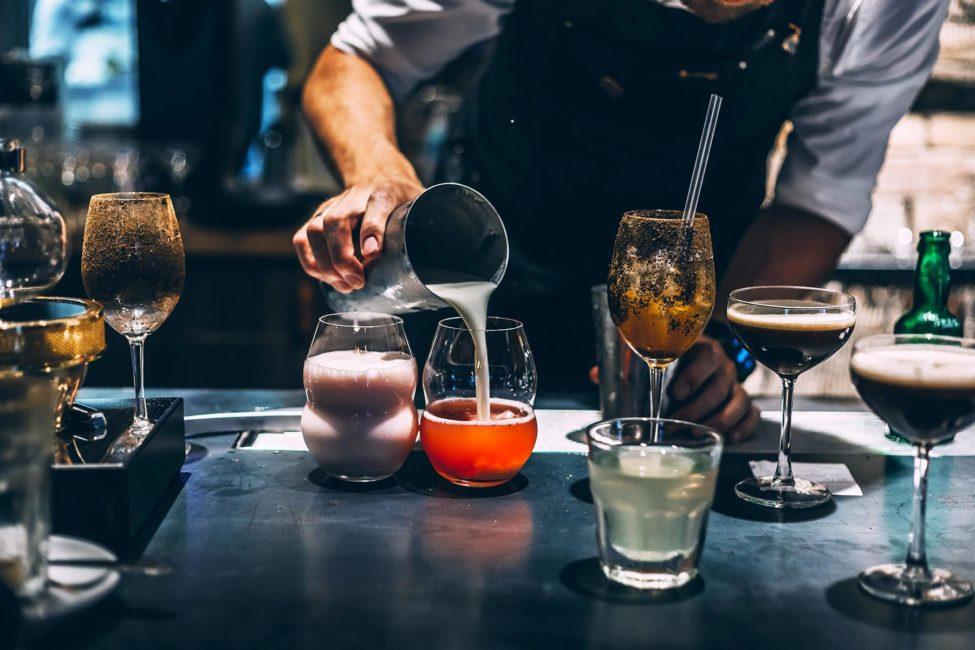
Slurp up Soup Dumplings
Ask five locals where to get the best soup dumplings in Shanghai (that’s xiaolongbao) and you’ll get five different answers. Everyone has a favorite neighborhood joint, but there are a few clear winners of the best xiaolongbao in Shanghai award. The line outside Jia Jia Tang Bao, just north of People’s Square, is a clear indication it’s worth the wait. Grab a plastic stool and slurp up plain pork soup dumplings, pork and crab, or crab roe, the priciest. Fuchun, the original or one of its many branches, is slightly more upmarket, a restaurant where families go for more than xiaolongbao, but you’re here for just that. If you want half a dozen varieties of xiaolongbao in a lovely setting—there are truffles, the service is great—go to Din Tai Fung.
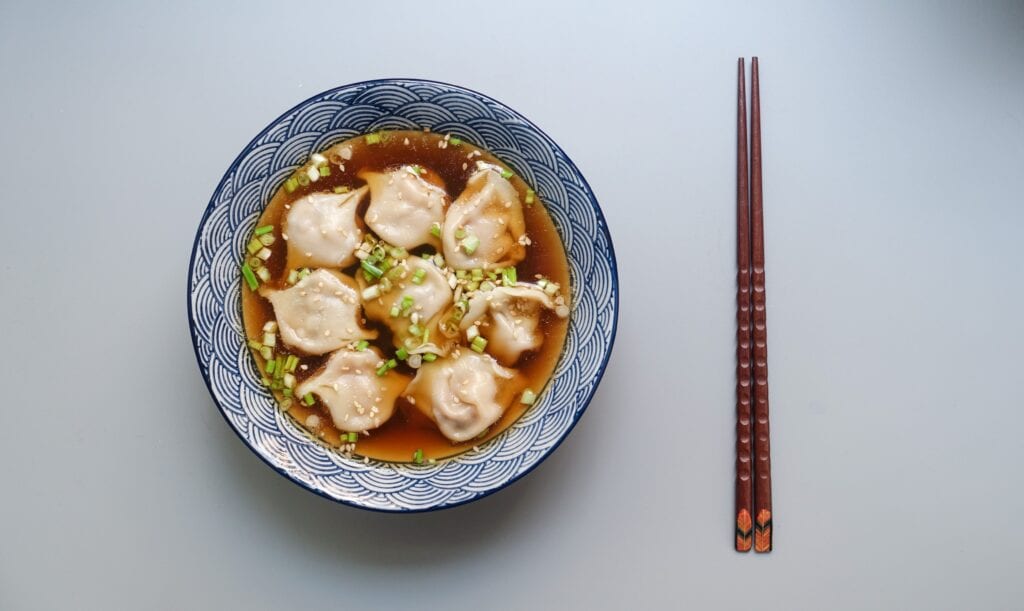
Eat Your Heart out
Mexican, Mediterranean, Mongolian, and every variety of Chinese cuisine, from spicy Hunan and Sichuan to more mellow, dim-sum slinging Cantonese: Shanghai has nearly everything you could possibly crave, at price points budget to blow out. You’re in Shanghai, so start with its food, like bowls of cong you ban mian (scallion oil noodles), before diving into greater China—hearty dumplings from northeastern China (Dongbei cuisine) at Four Seasons Dumpling King; warming, spicy hot pot from Chengdu; pan-fried cheese from Yunnan province. From here, your options are limitless: gussy up and go down to the Bund for Michelin-starred Italian food backed by a glittering skyline; head west to Hongqiao for Korean barbecue. We won’t blame you if you leave Shanghai a few pounds heavier.
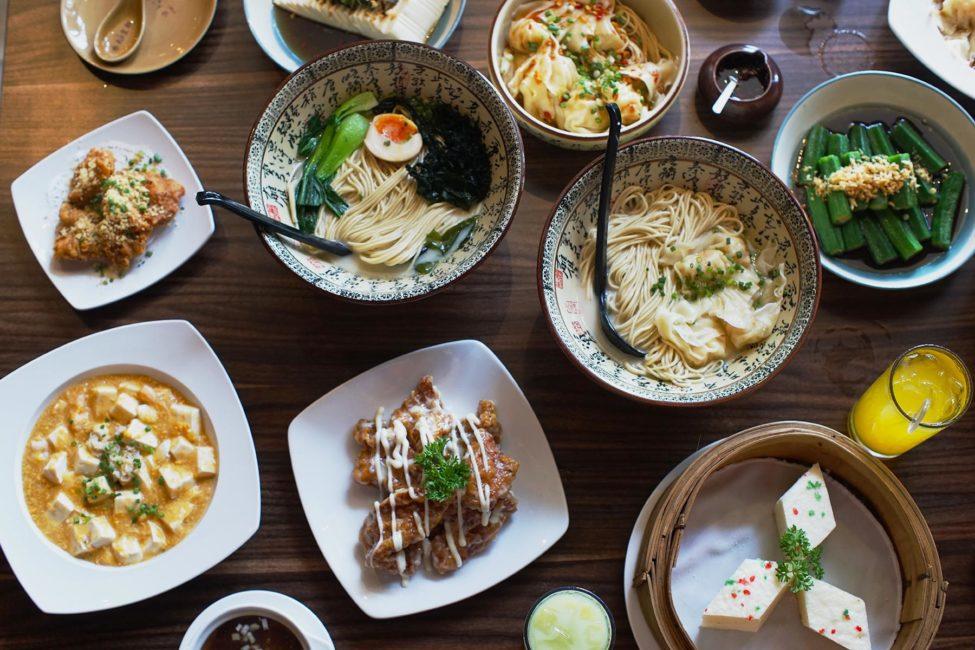
Article source:
https://www.fodors.com/world/north-america/usa/utah/experiences/news/10-incredible-things-to-do-in-bears-ears-national-monument





